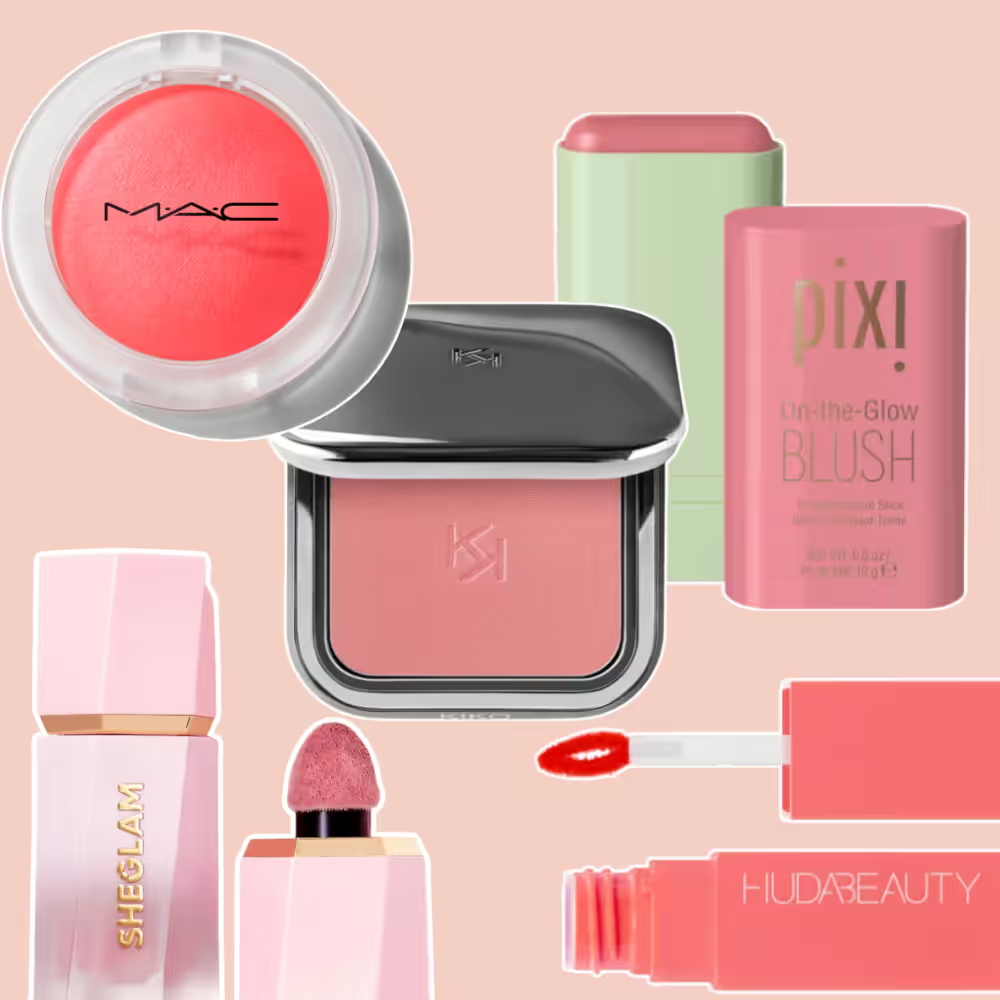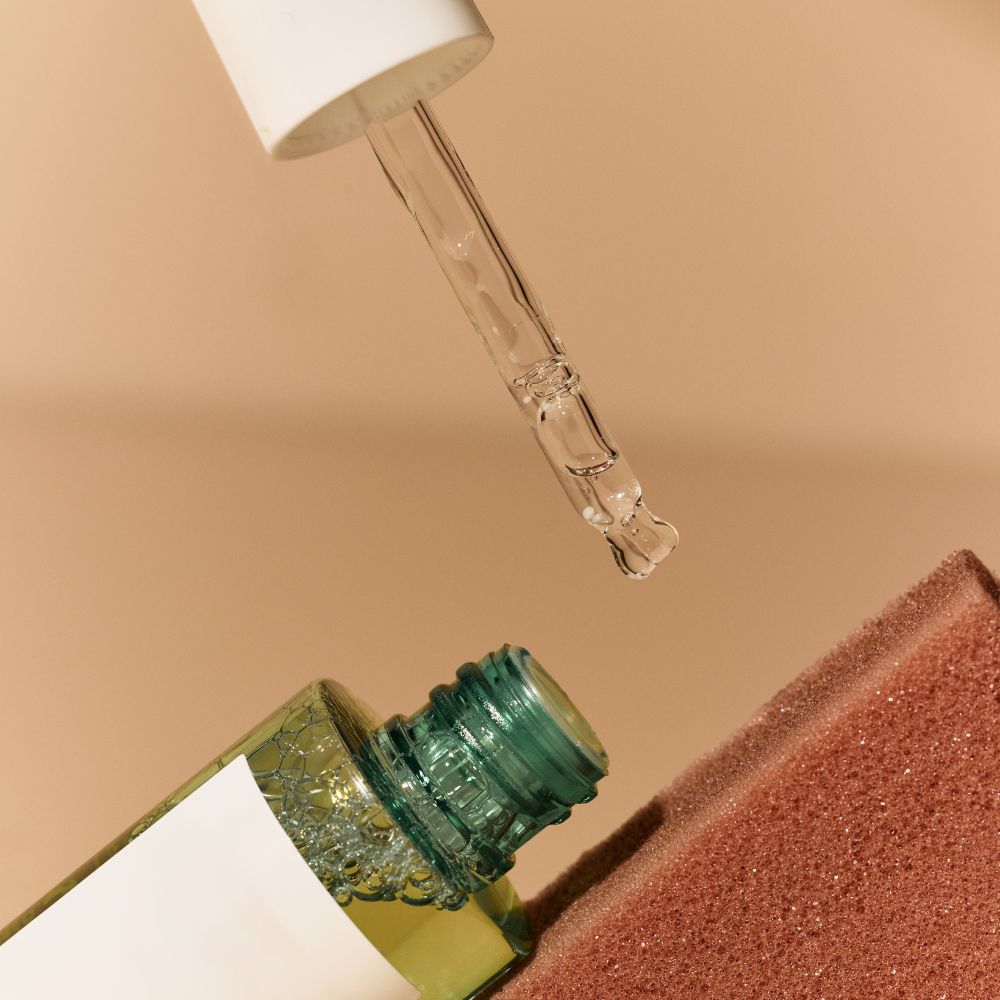
When you take a shower, you may not give this too much thought, but it's important to pay attention to the quality of the water you're bathing in. "Hard water" may sound like a strange term, but it just means that there are a lot of minerals in the water. The more minerals, the harder the water. Common minerals found in water include calcium, magnesium, iron and copper. Now, it is often said that hard water can cause hair loss, but can the same mineral-loaded water come with a slew of other perils for your hair and its health? We ask Mumbai-based celebrity dermatologist Dr Madhuri Agarwal how one can minimise the signs of hard water on hair.
What are the effects of hard water on hair?
You may think of hard water to be beneficial, owing to the mineral-rich content that it contains; however, while that might be highly beneficial for your body, not so much for your hair. Explaining why, Dr Agarwal says, “Hard water strips the skin of its oils, disturbing the skin barrier and leaving the skin [of the scalp] dry and itchy with time. It also does not allow soap to be washed off completely, which leads to residues of shampoo or soaps left behind on the skin.” Additionally, due to the residue left behind, through exposure to hard water, the pores on the scalp can get clogged, contributing to irritation as well in addition to the dryness and itching.

FYI, hard water can damage not only your scalp, but also your hair. The minerals in hard water can seep into your hair and form crystals as it dries. This happens because of the science of evaporation.
Dr Agarwal also agrees that increased exposure to hard water can cause hair loss. Enumerating the other hard water effects on hair, the skin expert says, “Dry, dull, frizzy and lifeless hair, even if you use a conditioner, eczema or dandruff on the scalp, split ends, greying of hair, thinning hair, tangled hair and increased breakage are some of the common side-effects of hard water damage on the hair.”
How to protect hair from hard water?
The easiest way to begin reversing hard water damage on hair is to employ distilled water to wash your hair. “Bottled water or filter water are great substitutes that you can use,” says Dr Agarwal. She further elaborates by saying that you can use a shower or tap water filter to remove the salt. You can also add white vinegar or lemon juice to warm water and use this to rinse your hair. This will help your shampoo rinse off more easily. She also furthers that soap softeners can help to make washing off the soap easier to some extent.
The hair care products to cop
“To prevent hair loss due to hard water, use a clarifying shampoo once every couple of days as it will help in removing any build-up from the scalp that may be causing a blockage on the hair follicles,” advices Dr Agarwal. “Use a good hair conditioner to soften the hair strands after rinsing them with water that contains harmful salts. Make sure to apply the conditioner on the ends of the hair only and not on the scalp; this will help to avoid unwarranted side effects like dandruff and scalp itchiness.” Lastly, she suggests consulting with a dermatologist or trichologist for recommendations for an efficient clarifying shampoo and its appropriate usage.































